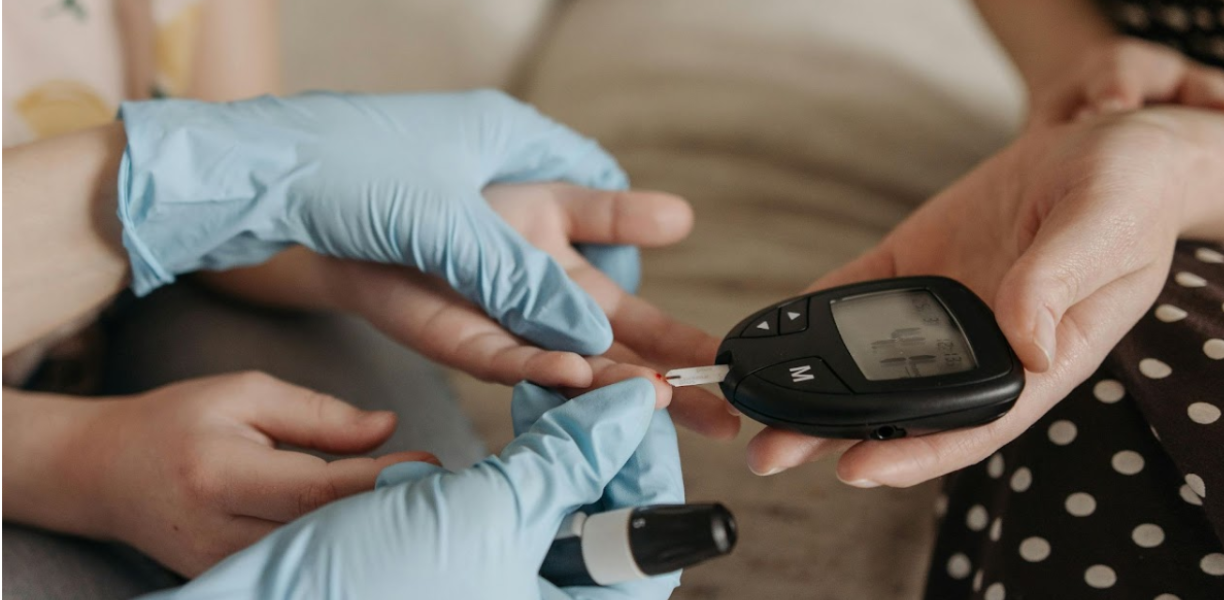Subtotal $0.00
The Bittersweet Challenge of Type 1 Diabetes
Type 1 diabetes is an autoimmune condition where the immune system mistakenly destroys the insulin-producing beta cells in the pancreas. Without insulin, blood sugar levels rise, leading to various complications. Managing this condition typically involves regular insulin injections, a vital yet incomplete solution.
The Potential of Mesenchymal Stem Cells
MSCs, found in adult tissues like bone marrow and adipose tissue, are gaining attention due to their:
Adaptability:
- Their ability to differentiate into various cell types, including insulin-producing beta cells, is a key focus.
Immune Regulation:
- Their capacity to modulate the immune response is crucial in autoimmune diseases like type 1 diabetes.
Regenerative Support:
- They release substances that aid healing and tissue regeneration.
Redefining Type 1 Diabetes Treatment
Utilizing MSCs could significantly alter the type 1 diabetes treatment paradigm:
Beta Cell Regeneration:
- Inducing MSCs to become beta cells could potentially restore a patient’s insulin-producing capabilities, lessening or even negating the need for insulin injections.
Preventing Autoimmune Attacks:
- By adjusting immune responses, MSCs might protect newly formed or existing beta cells.
Creating a Supportive Environment:
- MSCs can foster a conducive environment for beta cell survival and function in the pancreas.
Current Research and the Road Ahead
While the potential of MSC therapy is compelling, the field is in its early stages. Initial research and clinical trials show promise, indicating improved blood sugar regulation and enhanced beta-cell function. However, thorough research is needed to validate these findings and refine treatment approaches.
Envisioning a New Future for Type 1 Diabetes Treatment
Imagine a future where a diagnosis of type 1 diabetes doesn’t equate to lifelong insulin dependence but offers a path towards a genuine cure. MSC therapy, while not a panacea, opens doors to a more empowering future for patients.
In essence, adult mesenchymal stem cells represent more than a scientific curiosity. They stand as potential game-changers, signaling a future where type 1 diabetes might be managed not solely through external insulin but through internal healing and regeneration. Standing at the threshold of these developments, there’s a palpable sense of hope and anticipation for what lies ahead.



